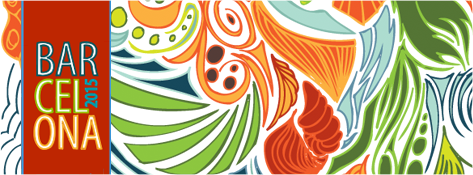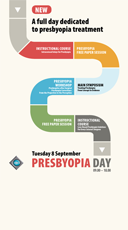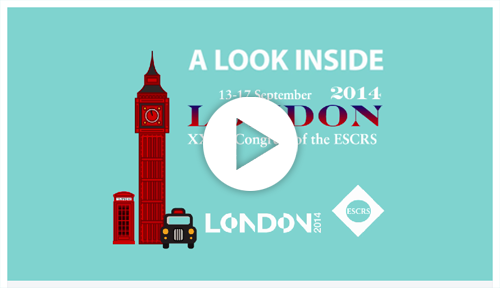Clinical efficacy of topical non-steroideal anti-inflammatory drugs in preventing postoperative inflammation after uneventful cataract surgery
(results will display both Free Papers & Poster)
Session Details
Session Title: Presented Poster Session: Cataract Surgery Complications and Management IV
Session Date/Time: Sunday 06/09/2015 | 15:00-16:30
Paper Time: 16:00
Venue: Poster Village: Pod 1
First Author: : A.Finzi ITALY
Co Author(s): : M. Fresina P. Toschi E. Strobbe
Abstract Details
Purpose:
Bromfenac and diclofenac eye drops are commonly administered for early postoperative inflammation after cataract surgery, with a different dosage regimen and treatment duration, but their efficacy has never been compared in a clinical trial.Our study was aimed to investigate if prescribing one NSAID rather than the other might have an impact on outcome of early postoperative inflammation assessed one month after cataract surgery, by using two objective markers of inflammation in eye anterior and posterior segment,anterior chamber flare (ACF), measured by a laser flare cell meter and central foveal thickness (CFT) measured by using optical coherence tomography (OCT), respectively.
Setting:
Department of Specialized, Diagnostic and Experimental Medicine, Ophthalmology Service, University of Bologna, Italy
Methods:
Observational study, in adult patients with no ophthalmological history, undergoing uneventfull cataract surgery and intraocular lens implantation (IOL), to whom either bromfenac or diclofenac was prescribed, according to authorized posology regimen and duration. Two groups of patients were selected: Group A receiving bromfenac 0,09% eye drops BID for 2 weeks and Group B receiving diclofenac 0.1% QID for 4 week. All patients underwent to an assessment of anterior chamber flare (ACF) with a laser cell flare meter and central foveal thickness (CFT) with OCT, before surgery (baseline) and then 7 days (D7) and 30 days (D30) after surgery.
Results:
50 adult patients were enrolled in each group. A statistically significant difference between groups was detected in the mean change of ACF and CTF values at D 30 vs baseline. ACF change vs baseline resulted significantly higher in group A than in group B (p<0,0001): in group A mean values was 12,6 ph/msec at D30 vs. 8,06 at baseline, in group B 9,58 ph/msec at baseline vs 8,43 at baseline. CTF mean change vs baseline resulted significantly higher in group A than in group B ( p< 0,0001): in group A mean values was 231,7 µm at D30 vs. 224,6 µm at baseline, in group B mean values was 226,7 µm at D30 vs. 225,2 µm at baseline.
Conclusions:
In patients without any risk factor, early postoperative inflammation markers are expected to return to baseline pre-surgery values within few weeks after uneventfull routine cataract surgery. In our study a diclofenac 4-week regimen resulted in a faster return to baseline values of inflammation markers than a bromfenac 2-week regimen.
Financial Interest:
NONE





